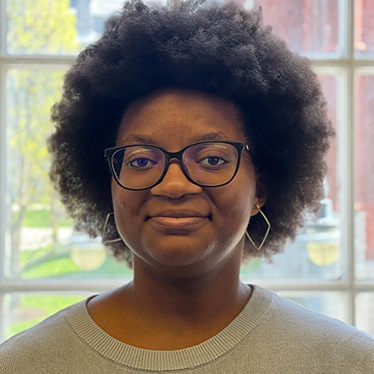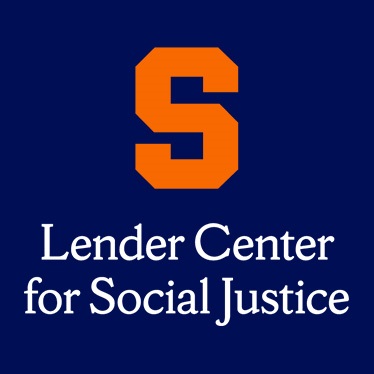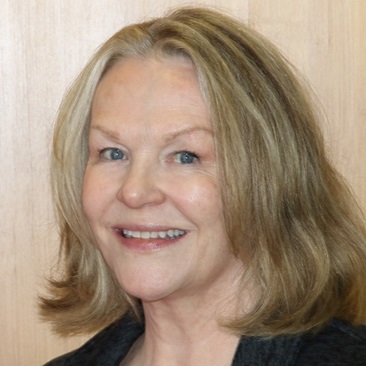Action anthropology and public policy change: Lead poisoning in Syracuse, NY
Sandra D. Lane, Robert A. Rubinstein, Occeana Fair, Katie Farkouh, Melaica Delgado, Tanya S. McGee, Kinley Gaudette, Paul Ciavarri, Maureen Thompson, Md Koushik Ahmed
Annals of Anthropological Practice, September 2023
In Syracuse, New York, more than 10% of children are lead poisoned each year, a toxic exposure that lowers the children's ability to learn and increases risky behaviors in adolescence. African American children are affected at nearly twice the rate of White children. We describe a community-university collaboration to reduce childhood lead poisoning in Syracuse, and the effects these efforts have had on public policy to date.
This paper documents the effectiveness of the Community Action, Research, and Education model to deliver community-based prevention strategies on child lead poisoning in Syracuse, New York. The community-based strategies were successful for promoting legal and policy change, increasing the public awareness of this tragic problem, holding elected and appointed officials to their commitments in addressing this toxic injustice, and obtaining needed intervention and disability accommodations for lead-poisoned children in the community and educational institutions.
Related News
School News

Nov 25, 2025
School News

Nov 17, 2025
School News

Nov 14, 2025
School News

Oct 31, 2025

